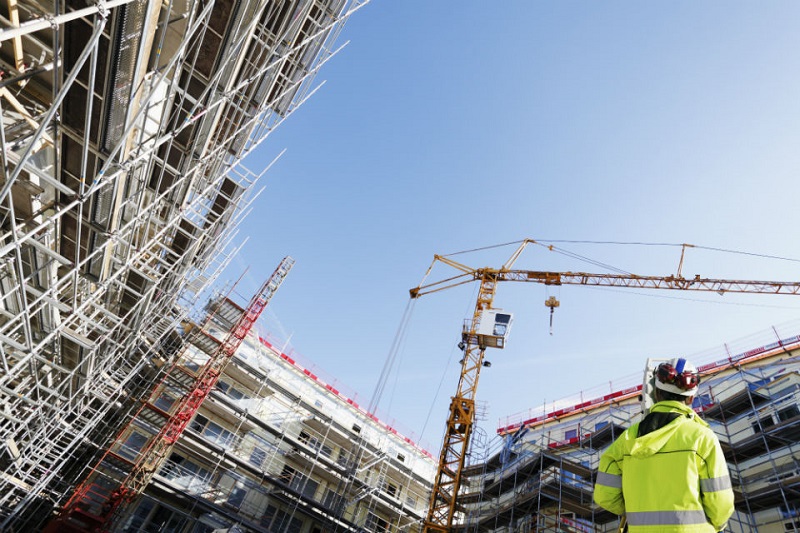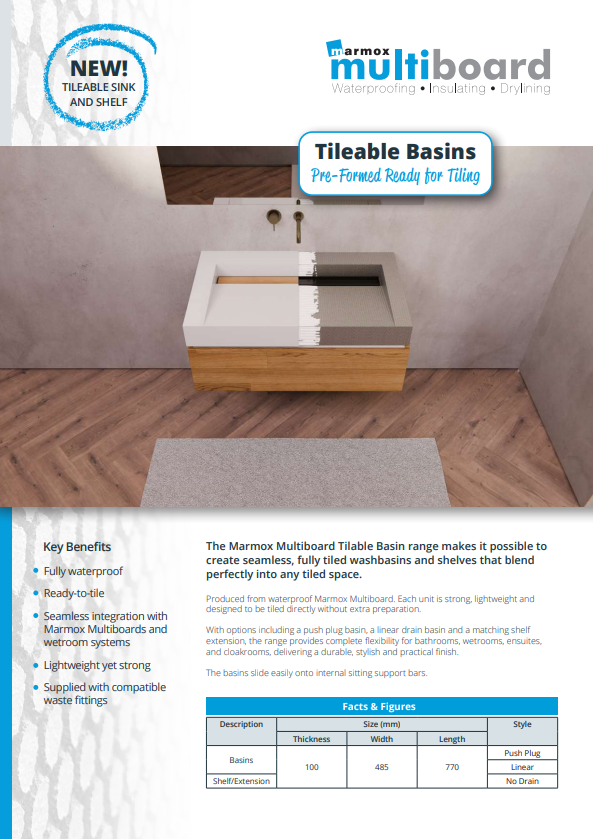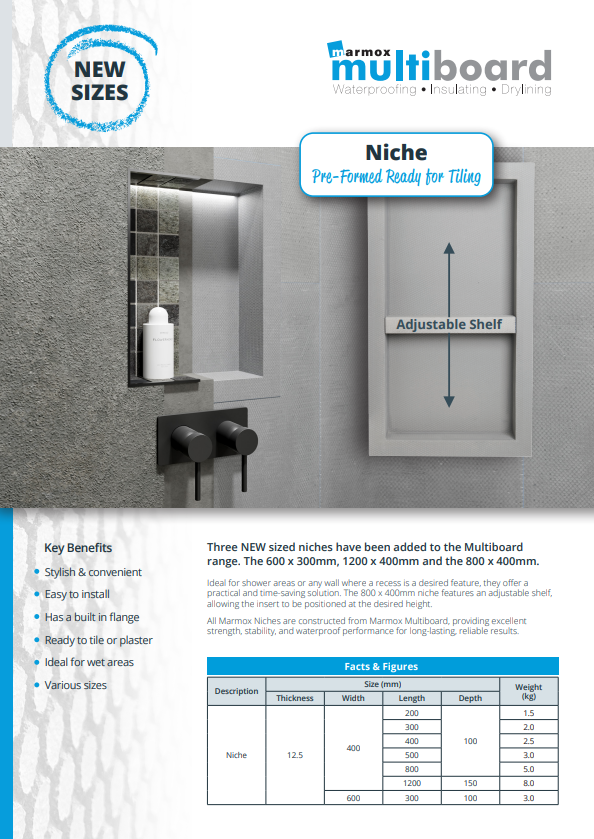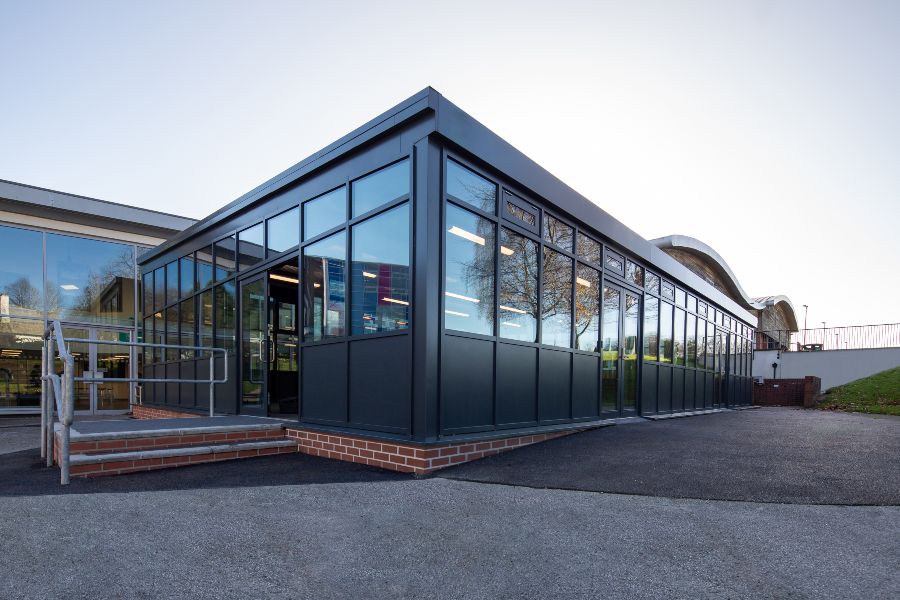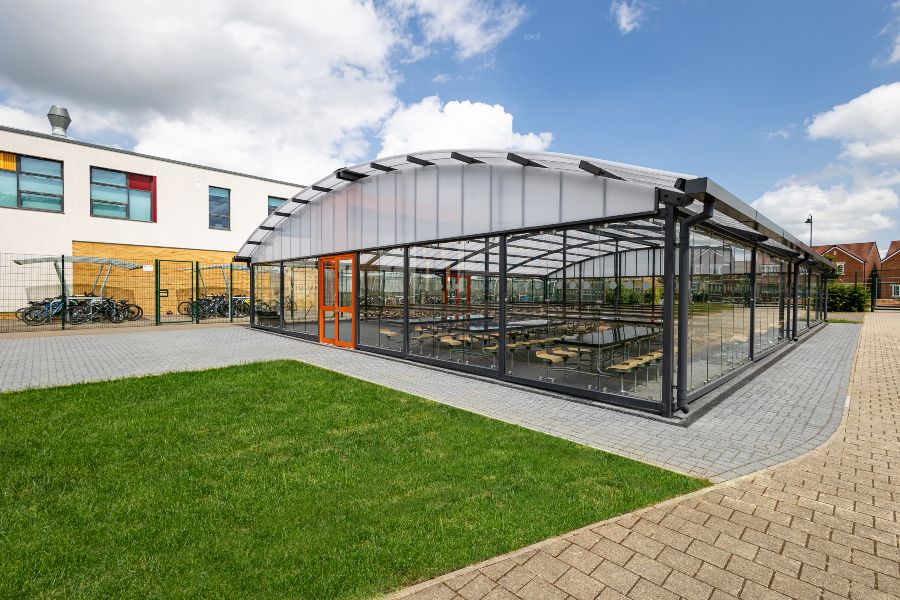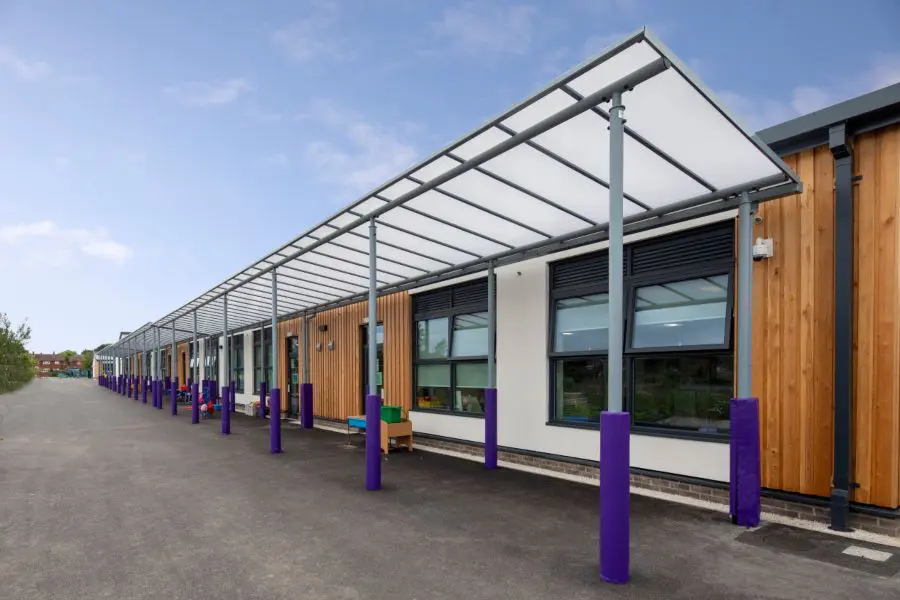February data pointed to a continuation of the subdued growth conditions reported across the UK construction sector at the beginning of 2018.
Total business activity increased only marginally during the latest survey period, while new work decreased for the second month running.
Anecdotal evidence suggested that fragile business confidence and ongoing political uncertainty remained key factors holding back client demand. At the same time, strong input cost pressures were reported in February, with higher raw material prices, fuel bills and staff wages reported by survey respondents.
At 51.4 in February, the seasonally adjusted IHS Markit/CIPS UK Construction Purchasing Managers’ Index edged up from January’s four-month low of 50.2. This signalled a marginal increase in construction output during February, with the index also weaker than seen on average in 2017 (52.3).
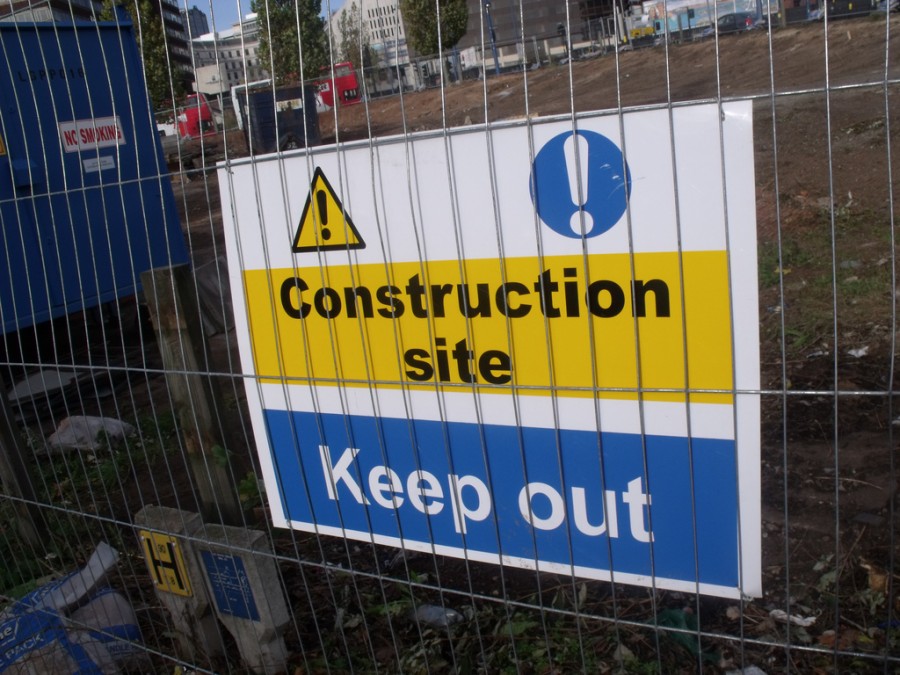
Civil engineering was the worst performing category of construction work, with activity falling at the sharpest pace for five months. A soft patch for house building continued in February, meaning that residential work remained on track for its weakest quarter since Q3 2016. The main bright spot was a solid upturn in commercial construction, which expanded at the fastest rate since May 2017.
New business volumes fell during February, although the rate of decline was only marginal and slightly slower than seen at the start of the year. Survey respondents cited fragile client confidence, a headwind from political uncertainty and a continued lack of tender opportunities to replace completed work on infrastructure projects. Weak business activity growth and lower new order volumes both weighed on input buying in February. Relatively subdued demand for construction materials helped to alleviate some of the pressure on supply chains, with the latest downturn in vendor performance the least marked since September 2016.
Input cost inflation remained strong in February, driven by higher prices paid for a range of raw materials. Survey respondents noted that increased fuel costs and greater staff wages had pushed up operating expenses. However, the overall rate of input cost inflation was much softer than the five-and-a-half year peak seen at the start of 2017. Construction companies indicated that business confidence moderated since January and was at one of the lowest levels seen in the past five years. Some firms noted that resilient UK economic conditions had supported optimism. However, there were also reports that Brexit-related uncertainty continued to influence decision making and act as a drag on the demand outlook.
Tim Moore, Associate Director at IHS Markit and author of the IHS Markit/CIPS Construction PMI said: “The construction sector endured another difficult month during February, with fragile business confidence, entrenched political uncertainty and softer housing market conditions all factors keeping growth in the slow lane.
"Residential work appears on track to experience its weakest quarter since Q3 2016, suggesting that house building is losing its status as the main engine of construction growth.
“Civil engineering activity was the worst performing category in February, with survey respondents again commenting on a shallow pool of work to replace projects reaching completion. While subdued house building and infrastructure work acted as a brake on the construction sector, this was partly offset by a sustained turnaround in commercial building."
Mark Robinson, Scape Group Chief Executive, said the latest data continues to show the UK construction industry facing significant challenges - the increasing cost of materials and staff pressures is having an impact on the sector’s confidence, which is compounded with continued uncertainty over Brexit.
"It is essential that policymakers address these issues as a priority in order for the sector get back to the more promising outlook seen at the end of 2017," he added.
“It is encouraging to see that commercial projects have increased at their fastest rate in February and shows that some businesses are pushing ahead with planned works in these uncertain economic times. This is a promising sign of the country’s resilience and is important for the growth of the UK economy.
“However, with the Government targeting the delivery of 300,000 new homes annually the drop-off that has been seen in residential work is a concern, especially following the raft of announcements and fresh funding included within the Autumn Budget. To bolster the confidence of the sector and help replace completed projects with new work the government needs to be investing in infrastructure projects, big and small, that connect communities and deliver vital public buildings.”









